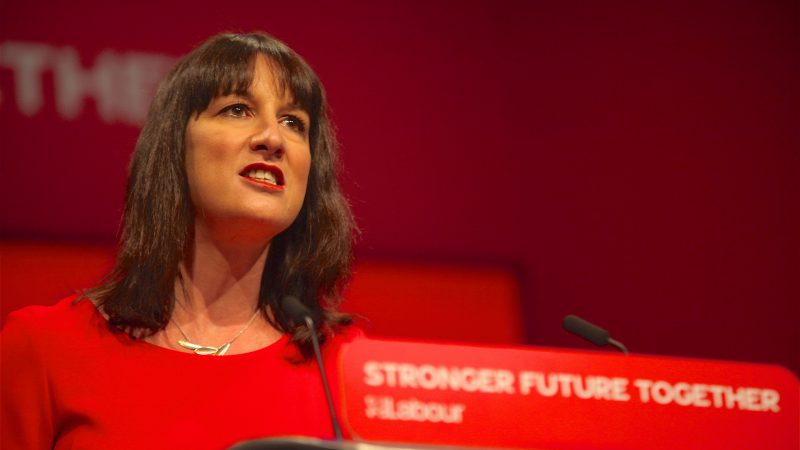
Rachel Reeves has blamed the government for allowing the cost of living to “spiral out of control”, as research shows higher inflation will wipe out at least a quarter of the real-terms increases to public service spending announced in October.
A new report from the Institute for Fiscal Studies (IFS) published today examines the changing economic outlook ahead of the Spring Budget on March 23rd, detailing the impact of rising inflation and the conflict in Ukraine.
The research found that if the changing outlook for inflation is not reflected in pay awards, the average public sector worker will see their gross salary fall by around £1,750 in real terms. The reduction would come on top of real pay cuts of between 5% and 10% for many public sector workers over the last decade.
In terms of household budgets, the report estimated that Chancellor Rishi Sunak may need to find more than £12bn – in addition to the £9bn already committed – to provide the same level of protection against higher prices he announced back in February.
Commenting on the IFS findings, Reeves said: “The government has allowed the cost of living crisis to spiral out of control since September – and now will make it even worse with an unfair tax hike.
“The Conservatives should halt their National Insurance hike in April – and they must look again at Labour’s proposal for a one-off windfall tax on oil and gas producers to cut household energy bills by up to £600.
“But we’ve also got to get out of this Tory high tax, low growth trap that is making our economy less resilient and leaving public services weakened.
“That means growing our economy – by buying, making and selling more in Britain and through our Climate Investment Pledge, Labour will get us firing on all cylinders.”
The IFS report argues that unless the Chancellor spends and borrows billions more pounds, household incomes will see a bigger hit than at any time since the 2008 financial crisis and possibly since the 1970s.
The research concludes that Sunak must either impose “severe” pay cuts on public sector workers, reduce spending on other aspects of public services or borrow more to cover the costs.
IFS director Paul Johnson said: “At the Spring Statement, Rishi Sunak has to make a huge judgment call. Will he do more to protect households from the effects of energy prices which have risen even further in the last two weeks?
“If he doesn’t, then many on moderate incomes will face the biggest hit to their living standards since at least the financial crisis. If he does, then there will be another big hit to the public finances.”
Johnson added: “A top up to the budget for defence spending in the coming year – given rising energy costs and Russia’s invasion of Ukraine – seems inevitable.
“More broadly, the era where Chancellors could use defence spending cuts to enable NHS spending to rise without an overall increase in the size of the state seems well and truly over.”
Labour has strongly criticised the government response to the cost of living crisis and its plan to continue with the increase in National Insurance contributions. In an opposition day debate on Tuesday, Reeves urged ministers to axe the rise, which is set to be introduced in April.
The Shadow Chancellor argued that the crisis has deepened considerably since the proposal was first announced, stressing that “when the facts change, so should your policies”. The motion did not go to a formal division and was passed by MPs unopposed, as Conservatives abstained.




More from LabourList
Welfare vote: ‘Here are the failures it reveals – and three faint silver linings’
Welfare vote: Which Labour MPs voted against bill or backed new amendment?
‘Welfare reforms still mean a climate of fear. Changes are too little, too late’